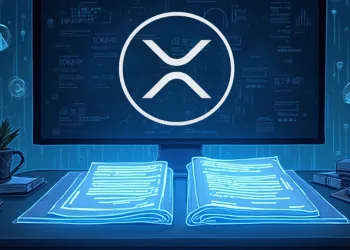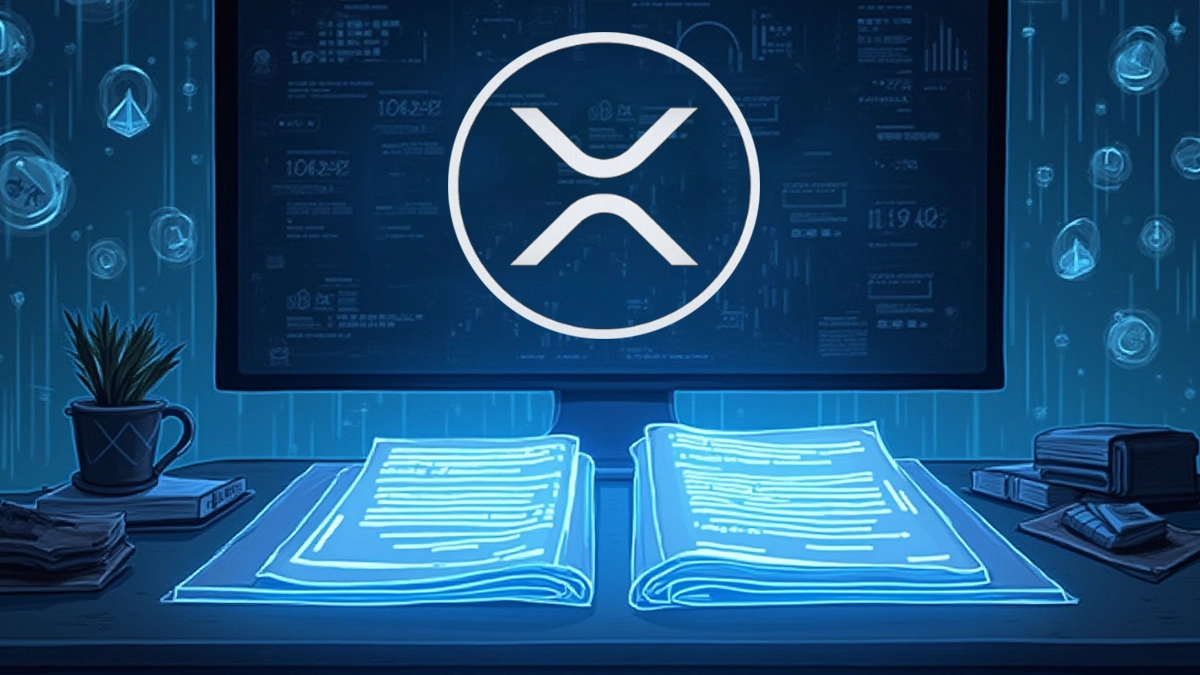- Janover rebrands as DeFi Development Corp, shifting its focus to Solana-based assets.
- New treasury policy makes $SOL the primary reserve in a bold pivot toward DeFi.
- Core SaaS services remain intact as the firm bridges real estate and blockchain.
Janover Inc. (NASDAQ: JNVR) is taking a bold leap into the digital asset space by formally rebranding as DeFi Development Corporation. The company also announced a new treasury policy centered around Solana (SOL), making the blockchain asset its principal reserve holding.
This move signals a major strategic shift from its current role as a SaaS platform for the commercial real estate industry. Now, it also aims to offer investors direct exposure to one of the fastest-growing ecosystems in decentralized finance.
#Solana News: @JanoverHQ (NASDAQ: JNVR) officially files with #SEC to change name to DeFi Development Corporation with treasury holdings in $SOL.
— MartyParty (@martypartymusic) April 23, 2025
About DeFi Development Corporation
DeFi Development Corporation (Nasdaq: JNVR) has adopted a treasury policy under which the… pic.twitter.com/0YZEM3hhCS
New Identity with a Focus on Solana
The firm has filed with the SEC to officially adopt its new identity as DeFi Development Corporation. At the core of this rebranding is a commitment to Solana, with the company now holding $SOL as its primary treasury asset.
This new approach is designed to give traditional equity investors indirect exposure to the Solana network through a regulated vehicle. Hence, the firm becomes one of the few publicly listed companies to align its treasury strategy with a blockchain-based asset.
Moreover, the company’s leadership appears to recognize the growing demand for simpler, compliant ways to invest in digital assets. With institutional investors increasingly seeking ways to diversify into crypto, this move aligns well with evolving market preferences.
Maintaining Core Services While Expanding into DeFi
Despite the pivot, DeFi Development Corporation continues to support the commercial real estate industry. The platform connects over one million annual users with tools, data, and services. It facilitates billions in debt financing each year for multifamily and commercial projects.
Significantly, the platform supports a wide array of stakeholders. These include property owners, real estate developers, REITs, credit unions, and major lending institutions. More than 10% of U.S. banks are part of its network. Besides banks, clients also include government-backed lenders such as Fannie Mae and Freddie Mac.
Additionally, the company operates under a SaaS model. Its suite of tools is subscription-based, providing scalable value to clients. As it integrates Solana into its treasury, the firm does not abandon its traditional role. Instead, it seeks to enhance its long-term value proposition through blockchain-based asset strategies.














